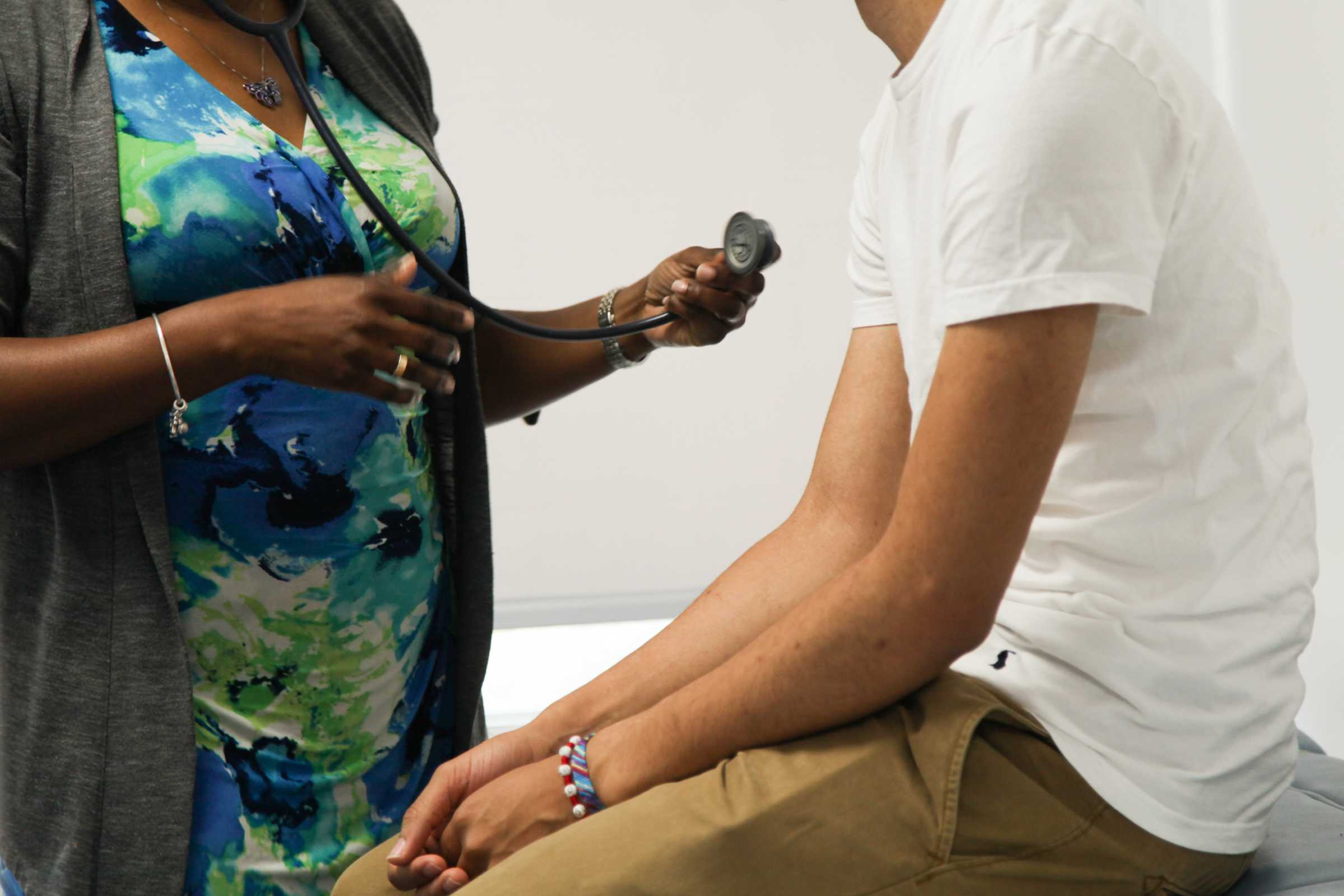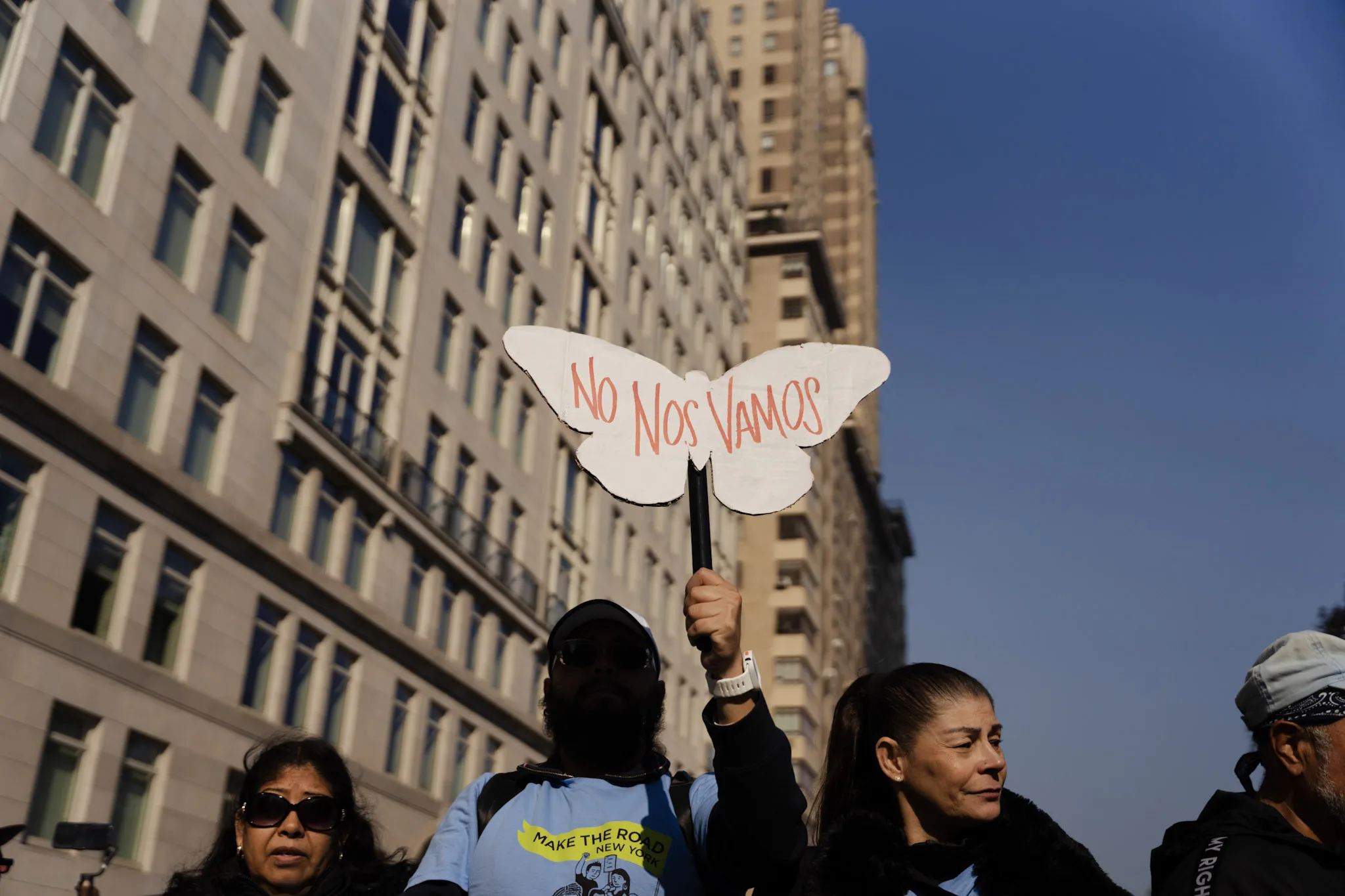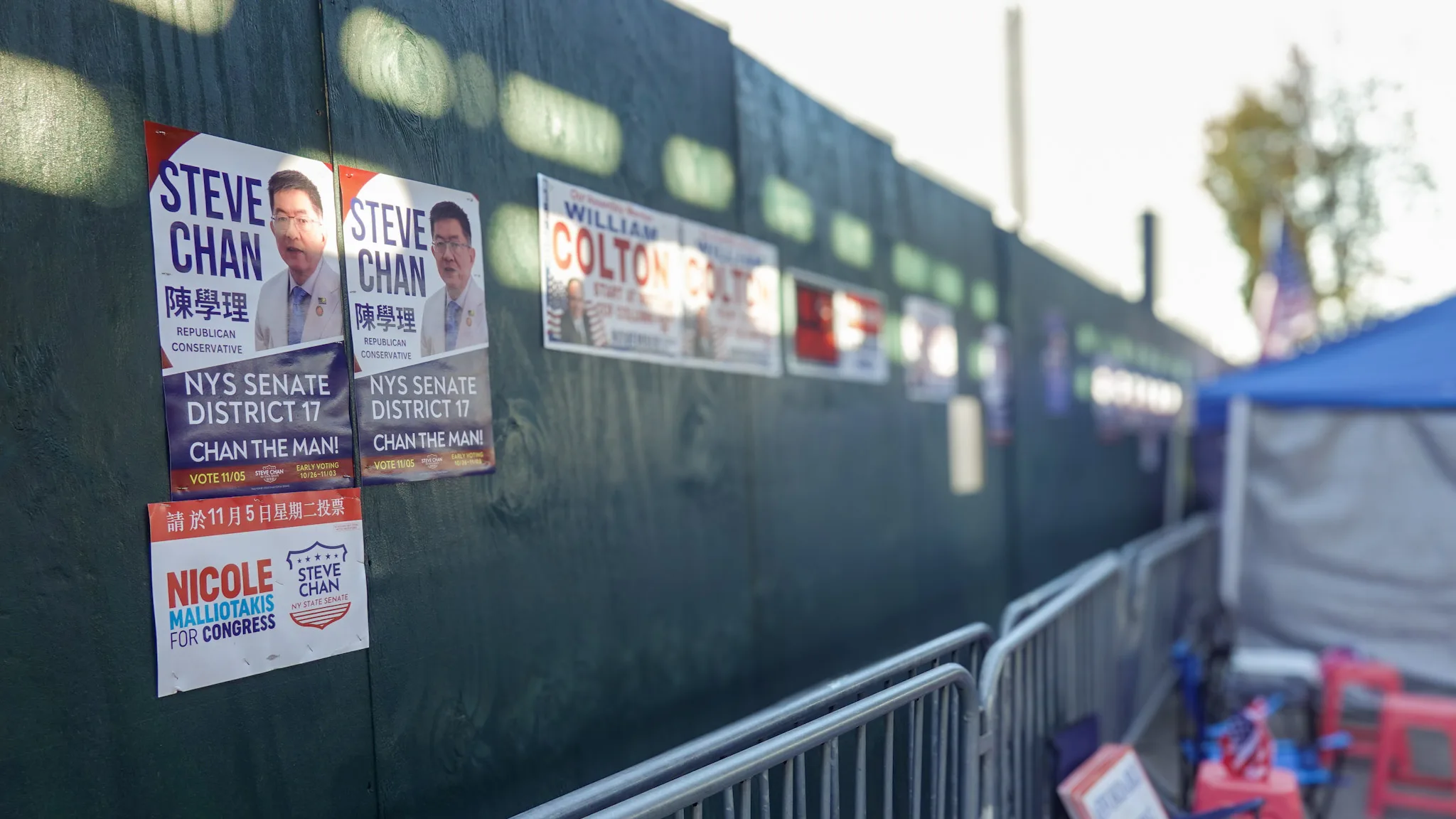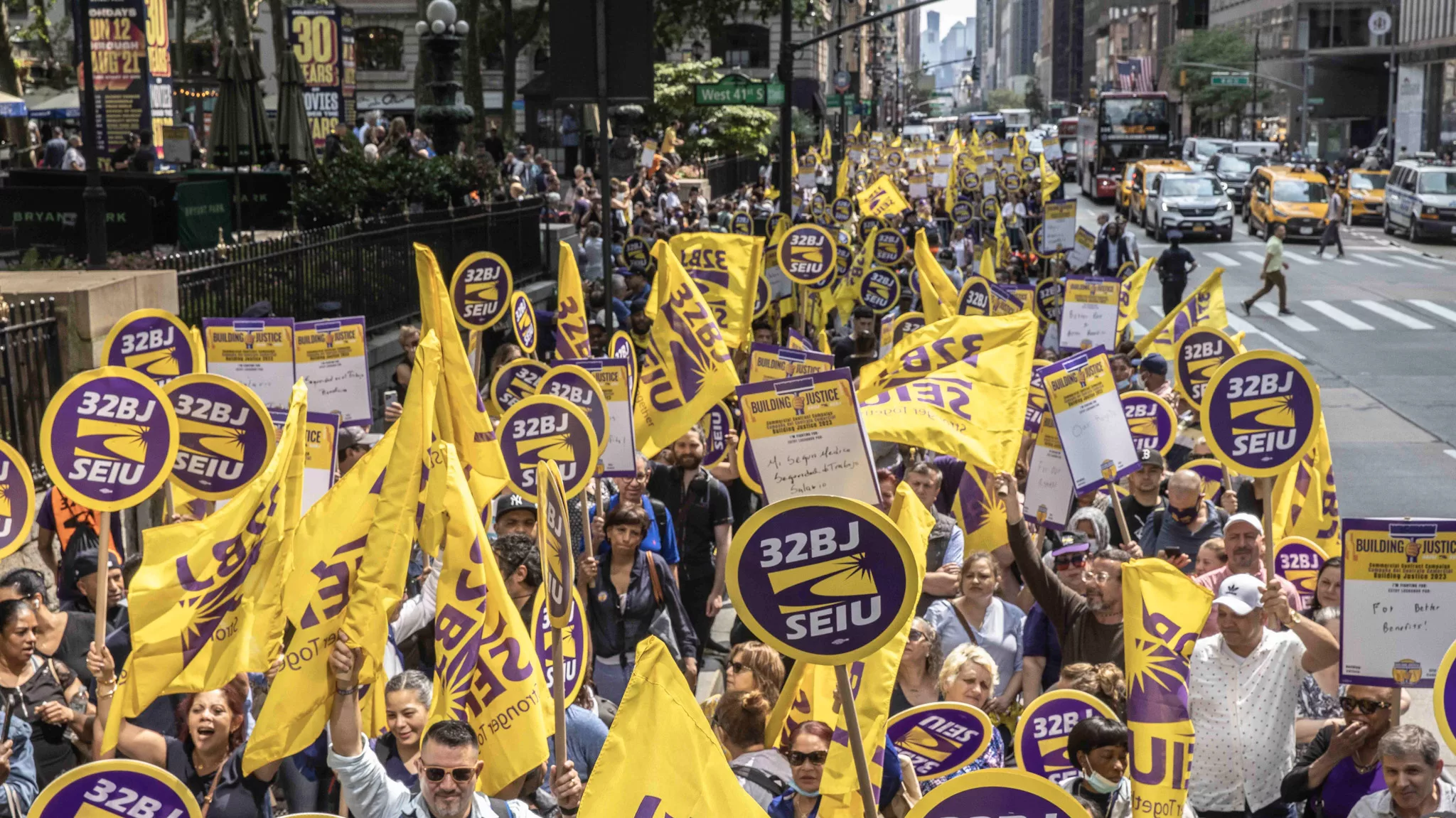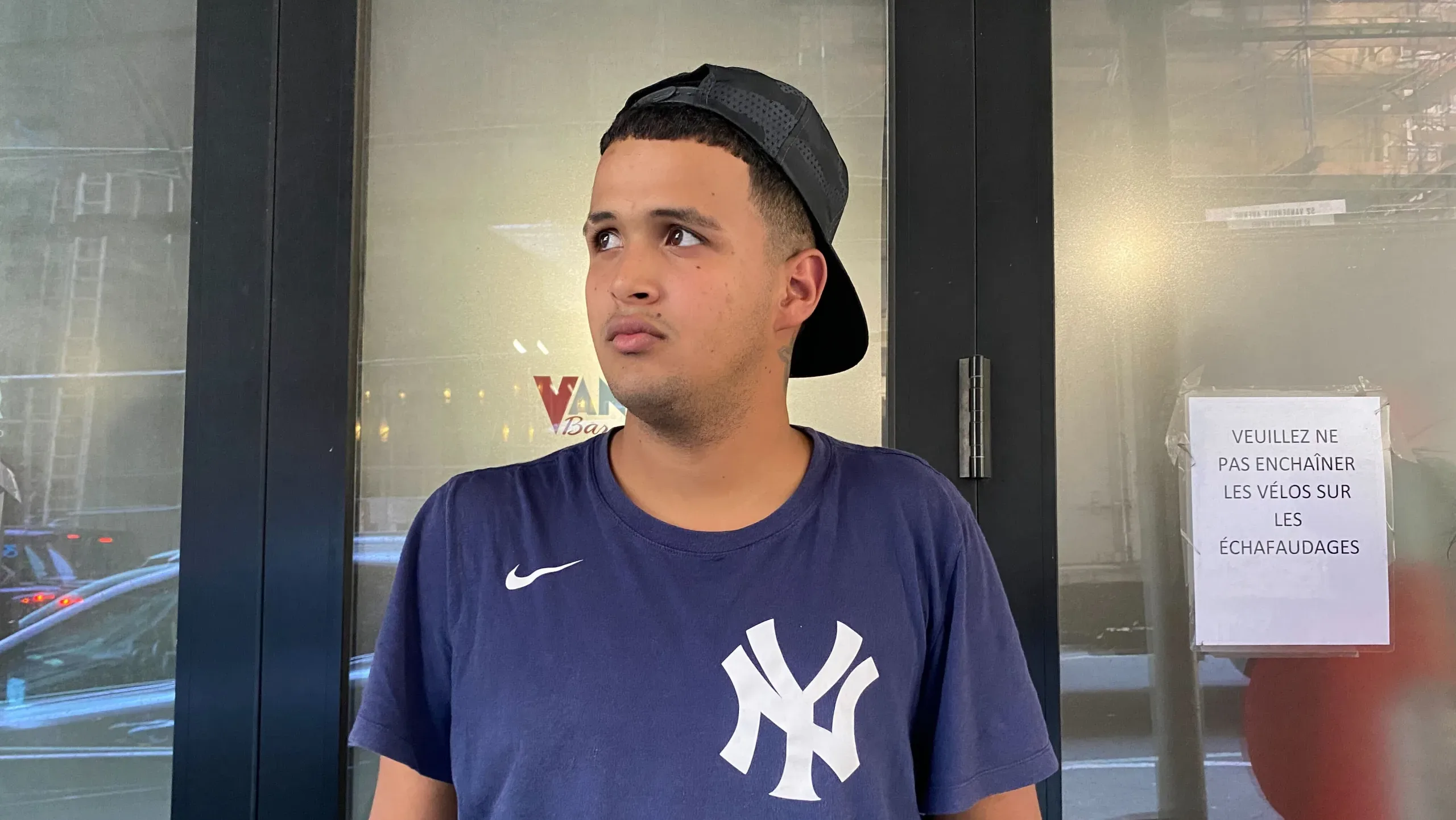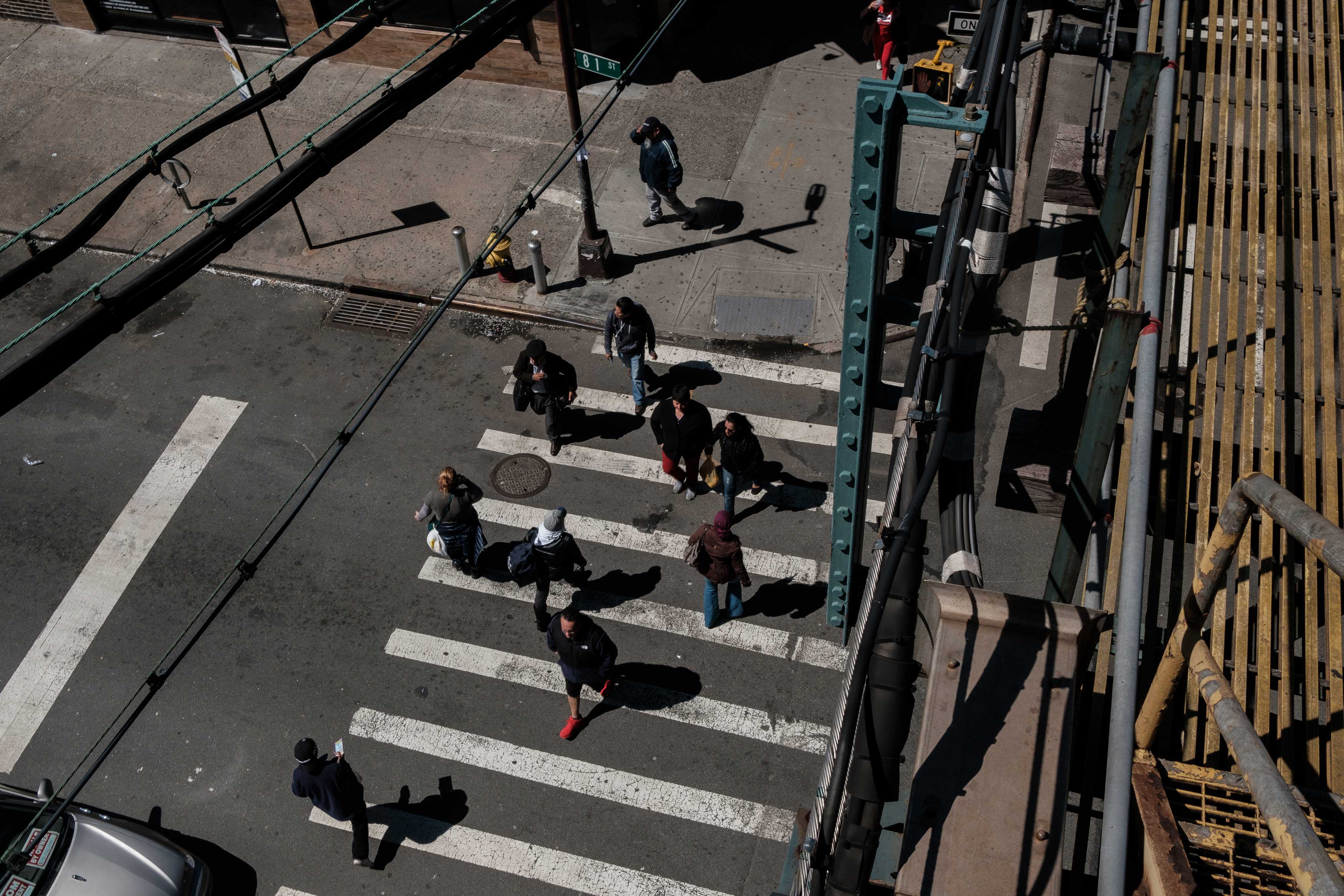In the midst of the coronavirus pandemic, Immigration and Customs Enforcement attempted to deport a 14-year old girl from Honduras on Monday, only to be blocked by a federal court. She is one of a growing number of children who were previously placed in the Remain in Mexico program but later crossed the border alone whom ICE is trying to deport.
On May 11th, an ICE agent appeared at the shelter where Jenny, who asked that we not use her real name for fear of reprisal, was staying and attempted to remove her. She declined to speak with the agent without her attorney present. The agents had a baggage tag ready for her departure. According to her attorneys, her mother is in Mexico and her father is dead. She has no-one to take care of her if she is sent back to Honduras.
“The idea that the government is expending its resources to transport children to the border, to gather enough of them to charter a plane to Central America, during the pandemic, and, in our case, for a client who has no parents alive in Honduras, is just indefensible,” said Jenny’s attorney, Hannah Flamm, managing attorney for the Detained Minors Project at The Door,.
Flamm was notified about ICE’s plan to deport Jenny at around 8 p.m. on Monday, and in the space of a few hours scrambled to get an order to block the deportation. A judge in the Southern District of New York signed a temporary restraining order ten minutes before midnight on Monday, blocking the deportation for at least two weeks.
Jenny is part of a growing number of children who crossed the border alone after attempting to cross with their families and being placed in the Migrant Protection Protocols program, often referred to as Remain in Mexico. Like many people in the program, Jenny and her mother had been ordered removed. Later, she crossed the border again, this time alone, which entitled her to new immigration proceedings as a child seeking protection. However, ICE is now attempting to deport a growing number of children like Jenny in shelters across the country.
These deportations are also continuing despite the agency stating that enforcement during the global pandemic would be limited to immigrants who pose a public safety risk.
ICE said it does not comment on pending litigation.
Under the Migrant Protection Protocols policy, immigrants have to wait in Mexico while their asylum cases are adjudicated in immigration court, a process that can take years. According to Syracuse University’s Transactional Records Access Clearinghouse, there were 64,934 cases in immigration court under the policy as of March. Individuals often end up waiting for these hearings in migrant camps in Mexican border cities such as Matamoros. There have been several reports of migrants being kidnapped or assaulted while waiting for their hearings.
Many of the hearings themselves are held in tent courts on the border and the odds of success are limited. According to TRAC, only 517 of the 44,916 cases that are not still pending ended in migrants being granted relief.
Last year, a trend emerged of children who were part of MPP beginning to cross the border alone. U.S. law prevents Customs and Border Protection from placing unaccompanied children in the Migrant Protection Protocols program.
According to advocates who represent migrant children, there may be as many as 200 children who were previously subject to the MPP proceedings who are now in shelters contracted by the Office of Refugee Resettlement. There are many, many more who were previously in a shelter and have since been released to a sponsor in the U.S., often a family member.
Most of these children had either lost their parents in Mexico, their parents had been kidnapped, or their parents had made the decision to send the child to cross alone.
Jenny’s case appears to be part of a broader policy. “It seems like there’s definitely a push where ICE is picking up kids with these old removal orders,” said Kaavya Viswanathan, managing director of legal services at The Door.
According to advocates, in late April, ICE began showing up at shelters and deporting the children who were held there. The first reported cases were in Harlingen, Texas, but since then lawyers in New York, Pittsburgh, Houston have all reported instances of children being deported from shelters. Lawyers in Pittsburgh were able to get a federal court to temporarily block the removal, similar to Jenny’s.
Anthony Enriquez, director of the Unaccompanied Minors Program at Catholic Charities, said his organization has represented dozens of children in the same position as Jenny. Two weeks ago, one of those children was deported without them being notified. An immigration judge denied the child’s motion to reopen his case for failure to appear at his MPP immigration hearing – because he was already in the federal government’s custody, awaiting transfer to a shelter. Catholic Charities only found out the day after ICE had already deported the child to Honduras.
“We have spoken to the client in Honduras where he was deported to and he is alright right now,” Enriquez said. “He thought that he would have an opportunity to fight his case here in the United States and we want to get him that opportunity still if we can.”
An ICE official told Documented that the agency is carrying out the final orders of removal from the children’s deportation hearings. While an unaccompanied minor has certain protections under the Trafficking Victims Protection Reauthorization Act, the ICE official said that children who were ordered removed as part of a family unit previously during an MPP proceeding are subject to a final removal order, if that order happened before they crossed into the U.S. as an unaccompanied minor.
On March 18, ICE released modified enforcement guidelines in response to the coronavirus pandemic. It stated that ICE will focus on removing “public-safety risks and individuals subject to mandatory detention based on criminal grounds.” ICE declined to comment on why it moved forward with this deportation despite those guidelines.
Shelters in New York have also witnessed a number of COVID-19 cases since the beginning of pandemic. On April 8, there were six confirmed COVID-19 cases among unaccompanied alien children in three New York shelters.
Jenny had arrived at the U.S. border in September last year and was placed in the MPP program. She fled Honduras with her mother and her sister because her father was murdered and her sister was kidnapped, her lawyers said. In January, a judge ordered Jenny and her mother removed. She decided that she would cross the border alone in February. She was placed in federal custody and transferred to a shelter in the New York area, where she met lawyers from The Door who she enlisted to represent her.
The lawyers began working on her case and expected that she would be released to a sponsor. They requested that an immigration judge reopen her case and were waiting on a decision from the judge on the motion. A law passed by Congress provides children with special protections from deportations, even if they have been removed in the past. Despite this pending motion, ICE decided to move forward with her deportation on Monday night.
A federal judge blocked the government from taking any action to remove Jenny before a hearing was held on whether or not ICE has the authority to do so.
Despite this outcome, the events of Monday night were traumatizing enough. According to Flamm, the moment the order came down, Jenny sprinted to bed without saying a word.
“It is really a testament to our young clients that they bear with such grace, the uncertainty of what the rest of their life could look like in a matter of hours,” Flamm said. “And ICE is inflicting that harm, even in cases where we ultimately prevail in federal court.”
